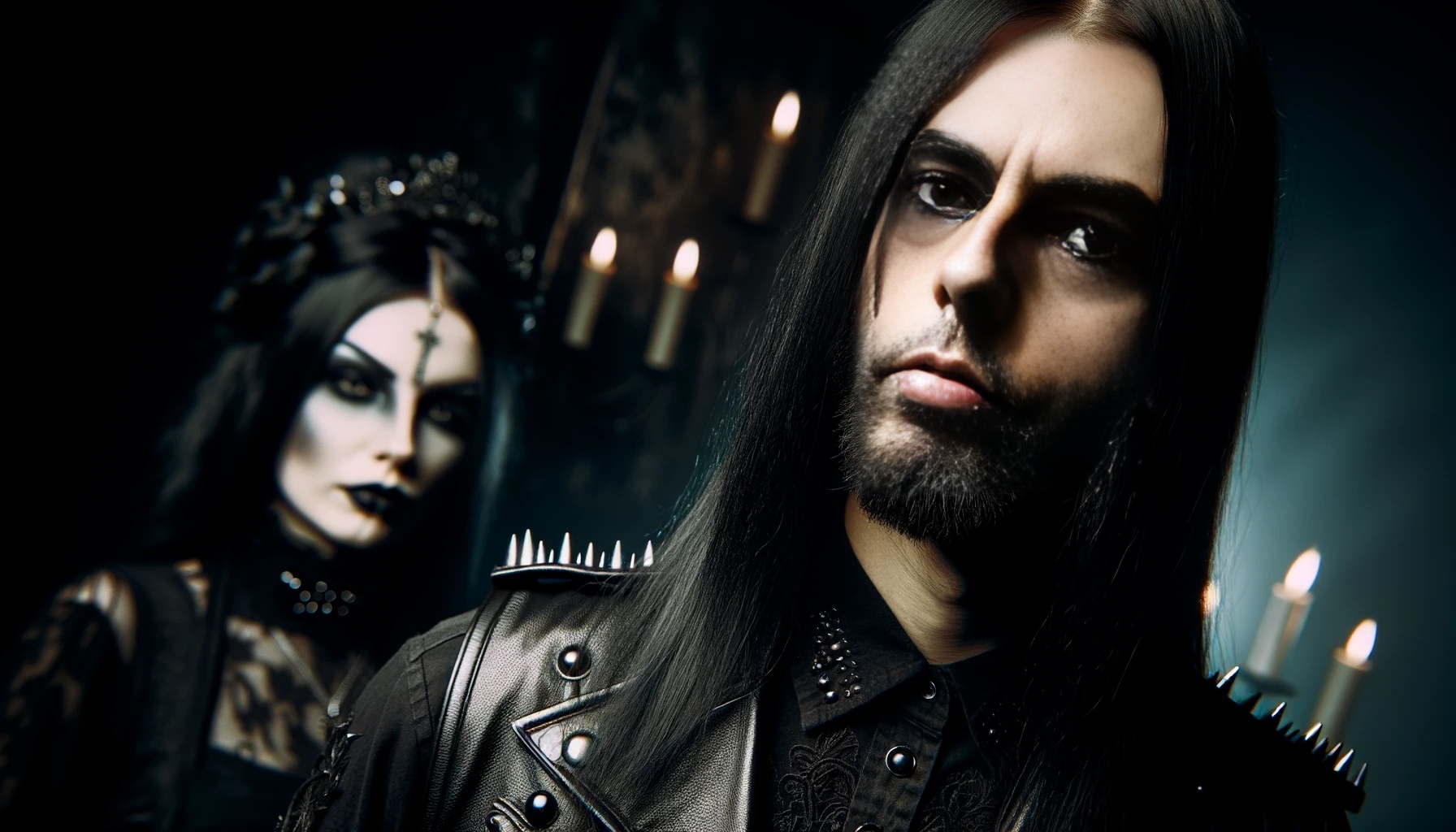When it comes to the world of metal, few themes resonate as powerfully as anti-religious sentiments. A significant number of metal bands and their fans harbor views that critique organized religion for its perceived hypocrisy, control, and manipulation. This rebellion against the confines of religious orthodoxy is often manifested through blasphemous imagery, provocative lyrics, and a general ethos that celebrates individual freedom over institutionalized doctrines.

The Roots of Anti-Religious Sentiments in Metal
To understand why anti-religious sentiments are so prevalent in metal, we need to delve into the genre’s history and the socio-cultural contexts that shaped it. Metal emerged in the late 1960s and early 1970s, a period marked by significant social upheaval. The counterculture movements of the time questioned authority, challenged traditional values, and sought new forms of expression. In this environment, metal found its voice as a form of musical rebellion.
Bands like Black Sabbath, often credited as one of the pioneers of heavy metal, introduced themes that deviated from the norm. Their self-titled debut album, released in 1970, with its ominous tone and occult themes, set the stage for a genre that would often question and defy religious conventions. As metal evolved, bands continued to push boundaries, using their music as a platform to critique the status quo.

Blasphemous Imagery and Lyrics: A Form of Protest
One of the most striking aspects of anti-religious sentiments in metal is the use of blasphemous imagery and lyrics. This approach serves multiple purposes. Firstly, it grabs attention. In a world where shock value can drive interest, imagery that challenges sacred symbols and ideas can be a powerful tool to engage and provoke thought.
Consider bands like Slayer, whose song “Angel of Death” delves into the horrors of the Holocaust, or Deicide, whose very name (meaning “the killing of a god”) leaves little to the imagination regarding their stance on religion. Lyrics that are explicit in their critique of religious dogma often serve as a form of protest, a way for artists to voice their discontent with institutions they view as oppressive.

Criticizing Religious Hypocrisy
A core aspect of anti-religious sentiment in metal is the critique of perceived hypocrisy within organized religion. Many metal musicians and fans see religious institutions as entities that preach morality and virtue while engaging in actions that are anything but virtuous. Scandals involving religious leaders, instances of corruption, and the historical use of religion to justify violence and oppression are frequent targets of criticism in metal music.
Take, for instance, the band Behemoth, known for their relentless criticism of the Catholic Church. Their frontman, Nergal, often speaks out against what he perceives as the church’s manipulation and exploitation of people’s faith for power and profit. Their music videos and stage performances frequently incorporate anti-religious themes, challenging the church’s authority and questioning its role in society.

The Personal and the Political
For many metal musicians, anti-religious sentiments are not just political but deeply personal. Personal experiences with religious indoctrination, coercion, and the struggle for individual freedom often fuel these views. Musicians who grew up in strictly religious households or societies may use their art to express the liberation they feel in rejecting those beliefs.
Marilyn Manson, for example, has been vocal about his upbringing in a conservative Christian household and the impact it had on his worldview. His music, stage persona, and public statements often reflect a rebellion against the religious values he was raised with. Manson’s controversial image and lyrics serve as a cathartic release for him and many of his fans who share similar experiences.
The Role of Satanism and Occultism
Satanism and occultism often feature prominently in metal, further emphasizing the genre’s anti-religious stance. However, it’s important to distinguish between the different forms of Satanism. LaVeyan Satanism, founded by Anton LaVey, is more of a philosophy that promotes individualism and skepticism rather than literal devil worship. Many metal bands draw inspiration from LaVeyan principles to symbolize their rejection of religious dogma.
The use of occult symbols and themes in metal can be seen as a form of cultural rebellion. By adopting imagery that traditional religions deem blasphemous or evil, metal musicians and fans assert their independence and challenge societal norms. This embrace of the forbidden can be empowering, allowing individuals to reclaim their identity and reject the constraints imposed by religious institutions.

A Diverse Spectrum of Beliefs
While anti-religious sentiments are common in metal, it’s important to recognize that the genre encompasses a diverse spectrum of beliefs. Not all metal musicians or fans are atheists or anti-religious. Some may identify as spiritual, agnostic, or even religious, but still appreciate the genre’s rebellious spirit and its critique of institutionalized religion.
This diversity is reflected in the various subgenres of metal. For example, black metal is known for its vehement anti-religious and often explicitly Satanic themes, while bands in the doom metal or progressive metal subgenres might focus more on existential and philosophical questions rather than direct attacks on religion.

The Impact on Fans
Anti-religious sentiments in metal can have a profound impact on fans. For some, the music provides a sense of solidarity and validation, especially for those who have experienced religious oppression or feel alienated by mainstream society. Metal concerts and communities offer a space where individuals can express their dissent and find like-minded people who share their views.
Moreover, the anti-religious stance in metal can encourage critical thinking. By challenging religious doctrines and questioning the motives of religious institutions, metal fans are prompted to explore their own beliefs and develop a more nuanced understanding of spirituality and morality.

Conclusion: Metal as a Force of Rebellion
Anti-religious sentiments in metal are more than just a trend; they are a fundamental aspect of the genre’s identity. Through blasphemous imagery, provocative lyrics, and a relentless critique of religious hypocrisy, metal serves as a voice of rebellion against the confines of organized religion. It empowers individuals to question authority, embrace their individuality, and seek their own path to truth.
In a world where conformity often reigns, metal stands as a bastion of defiance, a genre that encourages its followers to challenge the status quo and think for themselves. Whether you view it as a form of protest, a cathartic release, or a call to intellectual freedom, there’s no denying the powerful impact of anti-religious sentiments in the world of metal.
For more insights into the world of metal and to stay connected, visit the home page and follow my journey on all my social media platforms. Rock on! \m/
Follow me on social media


